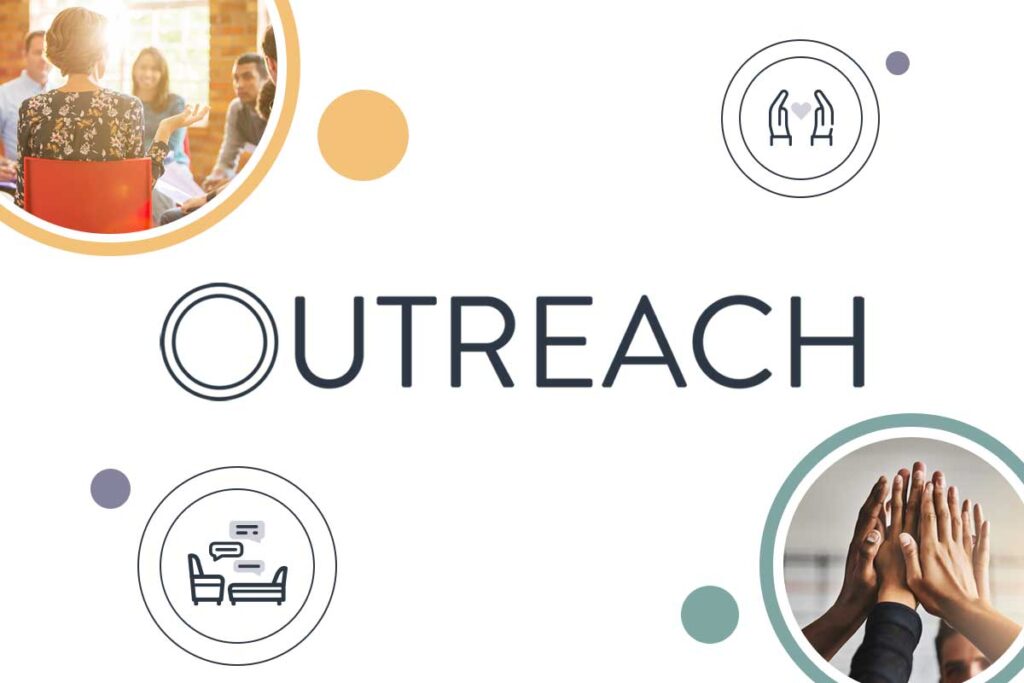In today’s society, opioid addiction has become more and more prevalent with the rise of heroin, fentanyl, and prescription medications like morphine, oxycodone, and hydrocodone. An opioid addiction occurs when someone uses opioids despite negative consequences that impact their life, such as with relationships, jobs, or money.
This article will discuss how you can help a loved one with an opioid addiction.
How can you help someone with an opioid addiction?
Watching a friend or family member struggle with opioid addiction can be challenging and stressful. You may not know how to approach the problem and wonder where to start. While there is no right way of helping a person with opioid addiction, you can do a few things to increase the chances of being heard.
Here are a few things you can do if one of your loved ones is dealing with opioid addiction.
- Talk to them about your concerns. Consider approaching your loved one privately and explain why you are concerned for them and their safety. You should be direct but avoid placing any blame on them or having them. There is a biological basis to addiction that can help you avoid stigmatizing them.
- Show compassion and kindness. Your family member or friend suffering from opioid addiction is likely not using opioids to hurt you. They may have started because of physical pain or to self-medicate for emotional pain and cannot stop. Try to place yourself in their shoes and try and understand what got them started in the first place. Be sure to listen to what they say and show compassion for how difficult the situation must be.
- Offer to help them find treatment. It can be tough to recover from an opioid addiction on your own. In fact, relapses are more likely to happen without ongoing treatment or support. Finding treatment for your loved one can help them detox, get to the root of why they use substances, and help them develop healthier coping skills. You should start by educating yourself on treatment options for their particular addiction and gently bring these up to your friend or family member. If they resist, you must respect their decision and remind them that you are there for them when and if they need it.
- Take care of yourself. If you are burned out or anxious, you cannot support someone to your full potential. Make sure to practice self-care and consider therapy or support groups if you are struggling with your loved one’s addiction.
In addition to these steps, you can also help someone with an opioid addiction by getting and learning how to administer naloxone. Naloxone, also known as Narcan, is a medication that reverses the effects of an opioid overdose.
If you find someone showing signs of an overdose, you can administer naloxone while waiting for emergency medical personnel to arrive to help prevent death or severe brain damage.
Outreach Recovery provides suboxone doctors for in-home recovery treatments.
Everything we do is for the benefit of our patients, providing primary care, addiction treatment, psychiatric medication management, and case management. Our approach addresses our patients’ medical, spiritual, and biopsychosocial needs and their families following addiction.
By following evidence-based treatment that incorporates medicine, spirituality, and therapy, we can help people recover from addiction and heal their souls and families. Whatever approach you’re most comfortable with, we’ll adapt to meet your needs, even on tight deadlines.
If you’re interested in a new approach to addiction recovery, discuss in-home treatment with our suboxone doctors in NJ.

